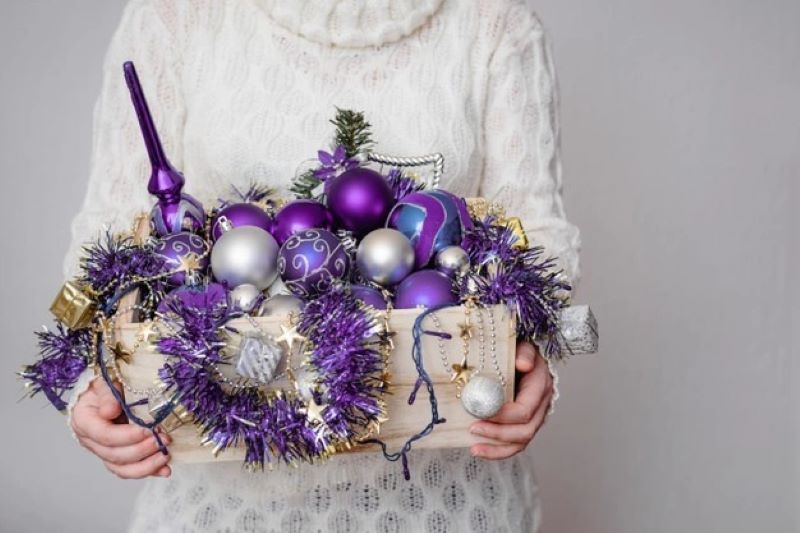The holiday season is always filled with excitement, joy, and laughter. While different cultures around the world have unique ways of celebrating this time of the year, one thing that remains common is the magic of Christmas Eve. Even for those who do not celebrate the religious aspects of Christmas, Christmas Eve carries a special significance.
The Origins of Christmas Eve: From Pagan Rituals to Christian Traditions
The cultural significance of Christmas Eve can be traced back to ancient pagan traditions that celebrated the winter solstice. The winter solstice marks the time when the sun returns after a period of darkness, and as such, it symbolizes the rebirth of light and hope. Many cultures in Europe celebrated the winter solstice with festivals that included lighting bonfires and candles, feasting, and exchanging gifts.
Over time, these pagan traditions merged with Christian beliefs and became part of the Christmas celebrations. Today, Christmas Eve is recognized as one of the most important days of the holiday season, particularly in Christian communities. It is a time for families to come together, share a meal, exchange gifts, and attend church services.
The Magic of Christmas Eve Around the World: Unique Customs and Celebrations
In countries such as Germany, Poland, and the Czech Republic, Christmas Eve is the main event of the holiday season. It is believed that on this night, baby Jesus comes to bless the households, and families gather around the Christmas tree to sing carols and open their presents. In Norway, Christmas Eve is celebrated with a traditional feast that includes roasted pork, sausages, and rice pudding.
In Latin America, Christmas Eve is known as Nochebuena, which means “Good Night.” It is a night for families to come together, attend midnight mass or Misa de Gallo, and enjoy a feast that often includes tamales, roast pork, and hot chocolate. In the Philippines, Christmas Eve is also celebrated with a midnight mass or Simbang Gabi, followed by a feast that includes lechon (roast pig) and bibingka (rice cake).
The Psychology of Christmas Eve: Why This Night is so Special to Us All
Apart from the feasting and gift-giving, Christmas Eve also carries a spiritual significance for many people. For Christians, it represents the night when Jesus was born, and attending midnight mass or other religious services is an important part of the celebration. The lighting of candles and singing of carols also serve as a reminder of the message of hope and love that Christmas brings.
The folklore and myths surrounding the holiday
In some cultures, Christmas Eve is also linked to superstitions and folklore. In Russia, for example, it is believed that animals can speak human language at midnight on Christmas Eve. In Italy, it is believed that a witch called La Befana visits children on Epiphany Eve, which falls on January 5, and brings them sweets or coal, depending on their behavior.
In conclusion, the magic of Christmas Eve is a universal experience that transcends cultural and religious boundaries. It is a time for coming together with family and friends, sharing traditions, and celebrating the season of hope and love. From feasting to gift-giving to attending religious services, the significance of Christmas Eve is deeply ingrained in cultures around the world, and it is a time that holds a special place in the hearts of many.
